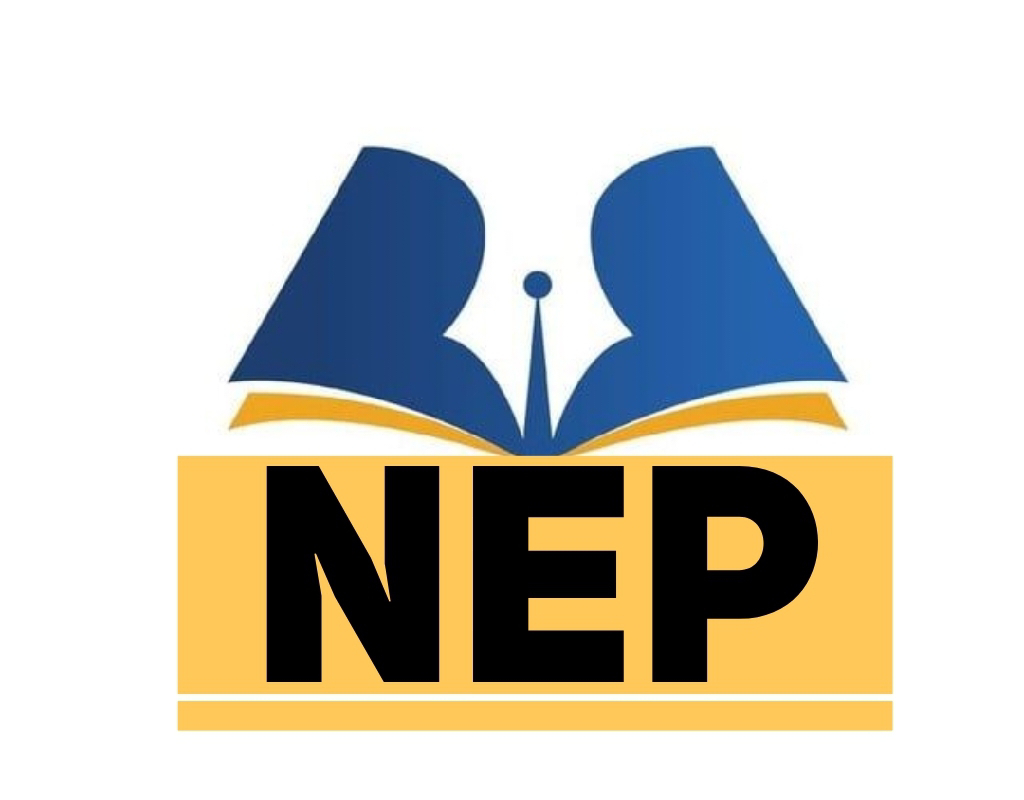Drama therapy as a significant technique of counseling

Drama therapy as a significant technique of counseling : Drama therapy is a type of psychological therapy that allows you to explore emotional difficulties through the medium of drama. This could involve a variety of activities including writing and learning scripts improvisation exercises or activities using puppets and masks. Drama therapy is often used within a group environment ;however it can be used in one to one sessions too. A drama therapist will use different techniques and may help you to create a fictional story to portray. Usually the fictious story will be your own story re-told through different characters. Creating this space between yourself and the emotional concerns being explored can offer clarity and a sense of relief or catharsis. The aim of drama therapy include : * to solve a problem * to achieve catharsis * to understand yourself better * to explore and overcome unhealthy behaviour * to improve social skills. The nature of drama ...




